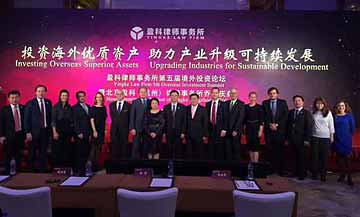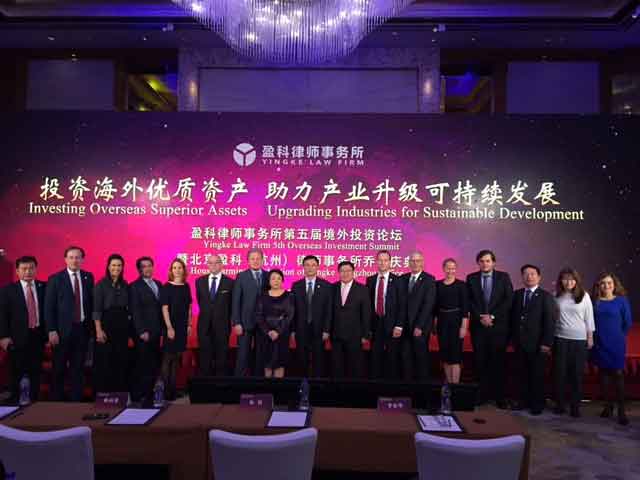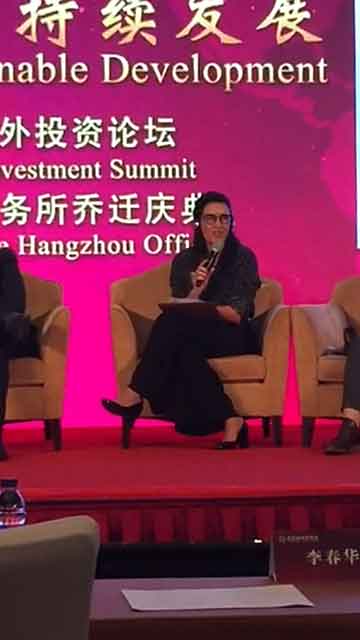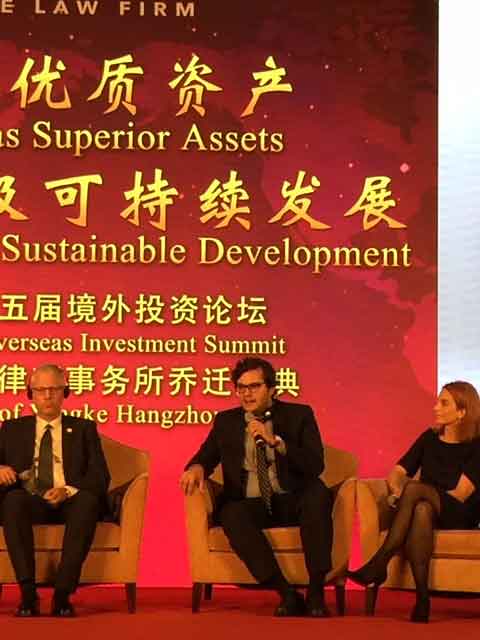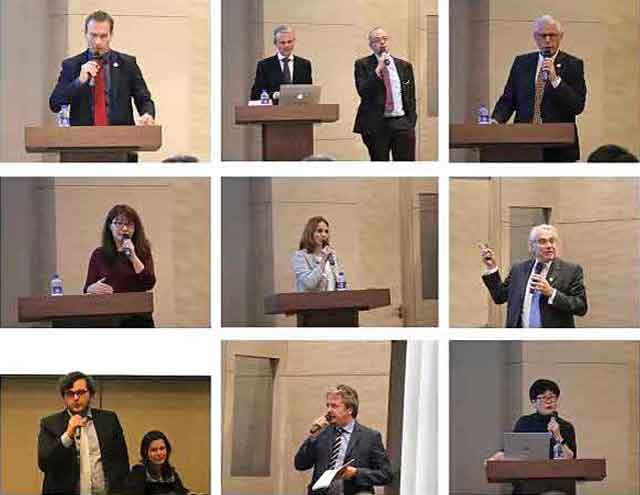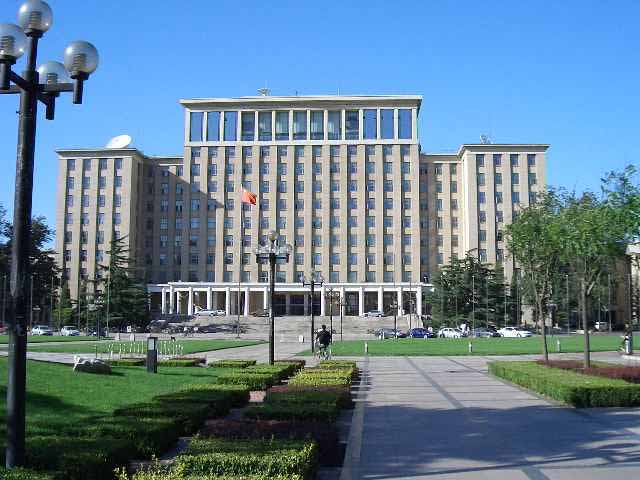In October 2017, Pacheco Neto Sanden Teisseire Advogados (PNST) participated in the meeting of the board of international partners of Yingke Law Firm in the cities of Hangzhou and Beijing, China.
Yingke Law firm, headquartered in Beijing, is one of Chinas’s largest law firms, with branch offices in 42 cities across the country with more than 5,300 lawyers and maintains a network of global partners in 24 countries led by Chinese executive Linda Yang.
In Brazil, PNST represents Yingke Law Firm with exclusivity.
In Hangzhou, the new office of the Yingke Law Firm was inaugurated and the “Investing Overseas Superior Assets” event was held at the Shangri-La Hotel for an audience of more than 200 guests.
On that occasion, Rui Cavendish, a PNST partner based in Shanghai, talked about investment opportunities in Brazil. He recalled that in the first wave of investment, China basically prioritized commodities; In the second phase, between 2011 and 2013, Chinese companies invested in the industrial area, especially in the machinery and equipment, automotive and electronic appliances sectors, looking at the Brazilian domestic consumer market. The third phase was marked by Chinese interest in the services sector, mainly financial services, which were consolidated by the acquisition of the shareholding in Brazilian or international banks operating in Brazil. And now we live the fourth wave, characterized by investments of higher numbers and in energy, oil and gas, production and food.
The PNST partner, Juliana G. Meyer Gottardi, based in São Paulo, spoke about the main risks of foreign investments in Brazil. She recalled that, in spite of the challenges of Brazil, which comes essentially from the fiscal areas – due to the complexity of taxation, the labor area – by mandatory and expensive legislation, and the regulatory – depending on the sector, China is Brazil’s main trading partner since 2009, when it overtook the United States.
China is also the main investor in Brazil this year, with almost half of all investments in the state of São Paulo.
Such positions tend to be maintained and increased, since with ample Chinese capital available, Brazilian projects already identified in the radar, “Brazil Risk” already reasonably known by the Chinese, cultural differences between both countries better understood, Brazilian democracy consolidated with a safe legal environment, possibility of foreign earnings without taxation from Brazil, the end of years of economic recession in Brazil, with unemployment rates and declining inflation, rising GDP and a more stable political scenario, it is reasonable that the Chinese companies, funds and SOEs are expected to follow the flow and will invest in good business opportunities.
In the capital Beijing, Yingke Law Firm organized the event “Building Safe Investment Environment Under the Belt & Road Initiative” at the prestigious Tsinghua University, for a large public consisting of state-owned companies, investment funds, banks and academics.
There, the speech delivered by PNST members explained that although Brazil is not part of the “Belt & Road Initiative”, it is an important trading partner of many countries that are, besides being part of the BRICS, the first major multilateral initiative of the Chinese government, and therefore will indirectly participate in the project. Furthermore, it was also stated that the interesting sectors for Chinese companies at the moment are: energy, especially renewables, infrastructure through concessions and privatizations and the millionaire industry and that is a mutual passion: football.
Renato Pacheco Neto, a founding partner of PNST, vice president of the international alliance of Yingke Law Firm, consul general of Sweden in Brazil and who has advised Chinese and European companies in Brazil for decades has stressed that China will continue – for a long time, to be the engine of the global economy and that, despite geographic and cultural distance, China and Brazil will grow together. Note also that the most common route for Chinese to operate in Brazil is via mergers and acquisitions of local companies and through commercial contracts such as joint ventures, partnerships, distributions and representations. Direct Chinese action and the so-called green fields, however, are increasing, as many Chinese corporations already have sufficient knowledge of the Brazilian market and bureaucracy to act on their own. In addition, financial institutions of the Asian giant, which support investments and bilateral trade also already operate in the country. In the same period, PNST also made presentations at important private companies, investment funds and Chinese state-owned companies that invest or are interested in investing in projects in Brazil and visited the headquarters of some of its clients.


